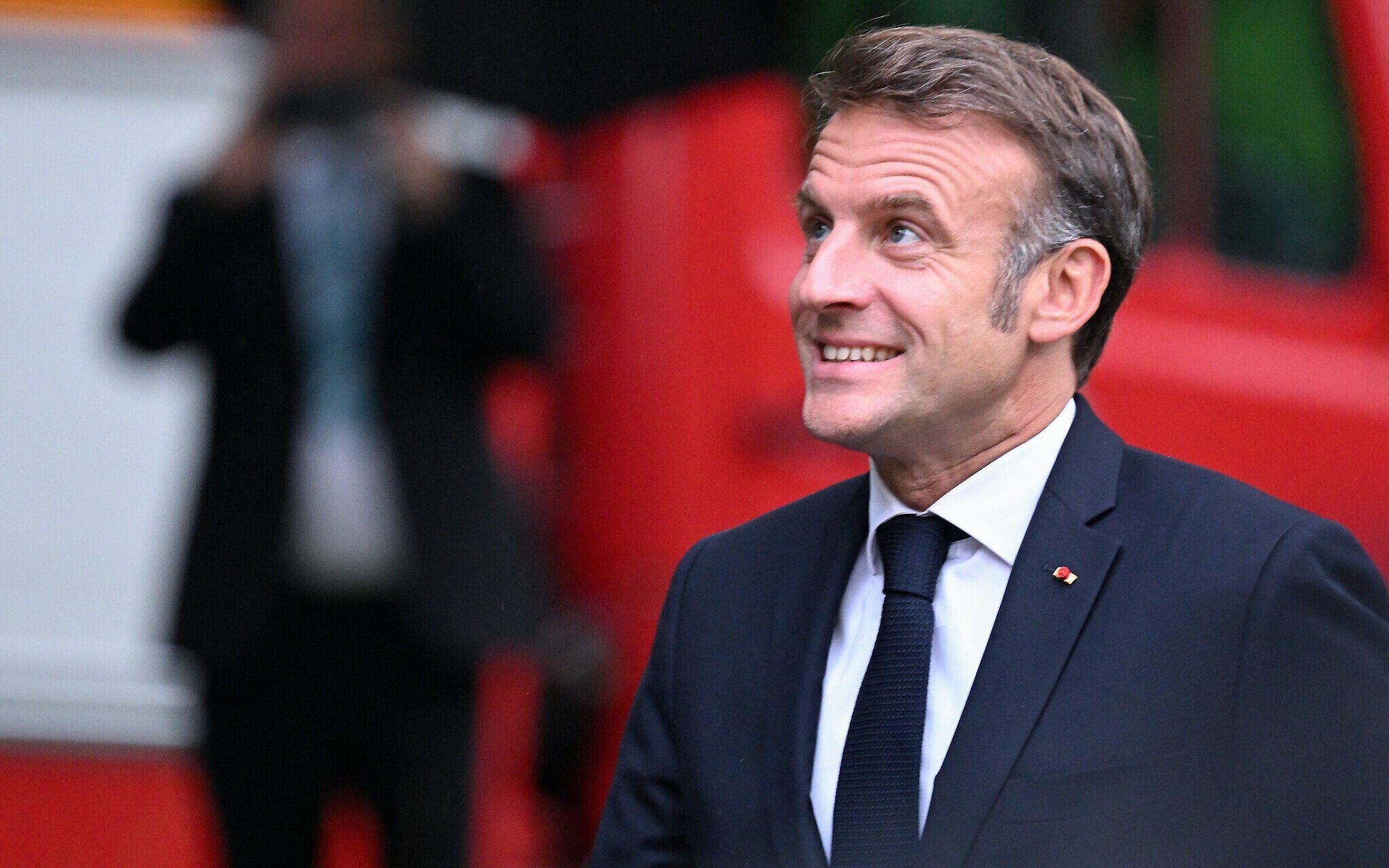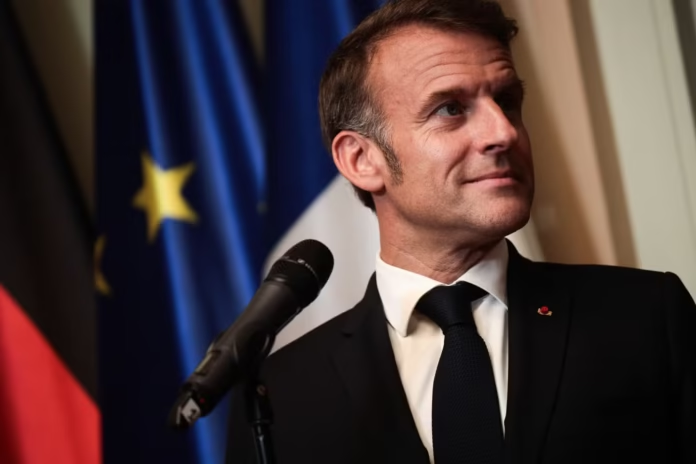France Moves Toward UN Recognition of Palestine
French President Emmanuel Macron has reignited Middle East diplomacy and sparked a major diplomatic row after announcing that France will officially recognize a Palestinian state at the United Nations General Assembly in September. Macron framed the move as part of France’s long-standing commitment to a two-state solution, saying it was essential both for Israel’s security and for achieving lasting peace in the region.
In a letter to Israeli Prime Minister Benjamin Netanyahu, Macron declared, “Our determination to see the Palestinian people have their own state is rooted in our conviction that lasting peace is essential to the security of the state of Israel.” He added that France’s stance was also driven by the humanitarian crisis in Gaza, which he described as “appalling” and “without justification.”
Netanyahu Accuses Macron of “Fueling Antisemitism”
The French leader’s announcement triggered a furious reaction from Israel. Netanyahu responded in a strongly worded letter accusing Macron of stoking antisemitism rather than promoting peace. “Your call for a Palestinian state pours fuel on this antisemitic fire. It is not diplomacy, it is appeasement,” Netanyahu wrote.
Macron rejected those accusations as “abject” and “erroneous.” In a six-page rebuttal released publicly, he insisted that fighting antisemitism was a top priority for France and should not be conflated with legitimate diplomatic initiatives. “The fight against antisemitism must not be weaponized and will not fuel any discord between Israel and France,” Macron wrote, stressing that protecting France’s Jewish community has been “an absolute priority from day one.”
U.S. Ambassador Deepens Tensions

The controversy quickly drew in the United States, adding another layer to the dispute. U.S. Ambassador to France Charles Kushner published an open letter warning that recognizing Palestinian statehood risked encouraging extremists and endangering Jewish communities in Europe. Kushner, himself the son of Holocaust survivors, wrote: “Gestures toward recognition of a Palestinian state embolden extremists, fuel violence and endanger Jewish life in France.”
France’s Foreign Ministry responded sharply, summoning Kushner for what officials described as an “urgent clarification.” French diplomats condemned his remarks as an “unacceptable interference” in France’s domestic and foreign policy. However, Washington stood firmly behind Kushner, with State Department spokesperson Tommy Pigott saying the ambassador was “doing a great job advancing our national interests.”
Western Allies Rally Behind France
Despite pushback from Israel and the United States, France is not isolated in its diplomatic push. The United Kingdom, Canada, Australia, and Malta have all confirmed they will recognize a Palestinian state at the September UN gathering. Other countries—including New Zealand, Finland, and Portugal—are also weighing similar actions.
According to UN records, 147 of the body’s 193 members already recognize Palestine, with the majority doing so in 1988. The latest wave of Western recognition is significant because it comes from countries traditionally seen as close allies of Israel. It also reflects growing pressure to revive a peace process as the conflict in Gaza has left devastating humanitarian consequences.
The Gaza Health Ministry reports that more than 63,000 Palestinians have died since Hamas’s October 7, 2023 assault on Israel triggered a devastating Israeli military campaign.
Arab League Consensus Marks Shift on Hamas

France’s initiative has also spurred unexpected diplomatic momentum in the Arab world. In July, during a UN conference co-hosted by France and Saudi Arabia, all 22 members of the Arab League issued a joint statement condemning Hamas’s October 7 attack on Israel. The statement went further, urging Hamas to disarm and transfer control of Gaza to the Palestinian Authority.
French Foreign Minister Jean-Noël Barrot hailed the declaration as “historic and unprecedented.” He said the consensus demonstrated both a rejection of Hamas’s violent tactics and a desire among Arab nations to strengthen moderate Palestinian leadership while keeping the door open to normalized relations with Israel.
Analysts See High Stakes for Peace Process
Experts say Macron’s gamble has reopened long-stalled discussions about the two-state solution but warn that realities on the ground could undermine diplomatic progress. Pascal Boniface, a French geopolitics specialist, described the situation as “a race against time between diplomacy and the worsening reality in Gaza.”
He argued that while France and its allies are trying to re-anchor the debate around Palestinian statehood, ongoing conflict and destruction in Gaza risk making the two-state framework increasingly unfeasible.
Outlook Ahead of UN Assembly
The UN General Assembly in September is shaping up to be a pivotal moment in Middle East diplomacy. France and its allies hope their recognition efforts will provide new momentum for negotiations, while Israel and the U.S. remain staunchly opposed, warning of destabilizing consequences.
As tensions flare across multiple capitals, Macron appears determined to hold his course. His decision has turned France into a central player in one of the most contentious global debates—one that could either revive hopes for peace or deepen divisions between allies.
Sources: Arab News

